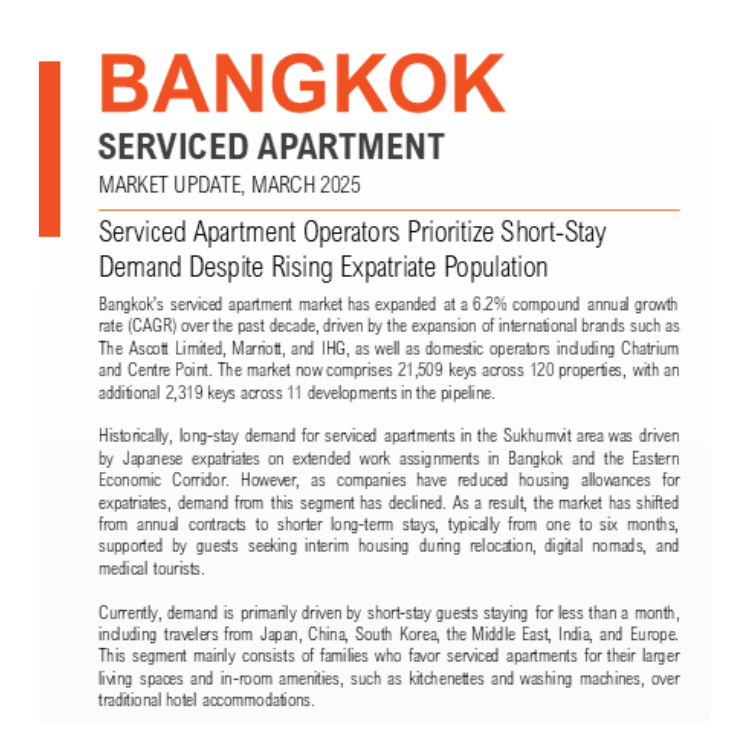Inside the Numbers. The Potential of a Phuket Property Bubble
One of the most common questions I am asked these days is about a potential Phuket real estate bubble. While it’s a popular buzz term, so many who ask the question don’t understand what a bubble is.
The most notable real estate bubble in recent history was the subprime housing crisis in the United States in 2007. In other sectors, there have been bubbles like the dot.com crisis of 2000 and 2018’s crypto-crash.
Fundamentally bubbles are when valuations reach unrealistic numbers and underlying fundamentals of sustainable growth go awry. This typically results in a crash, and in real estate terms, that would mean a sharp drop in property prices.
In many parts of the world, especially the West, real estate is susceptible to a bubble as a result of being impacted by liquidity in the marketplace. When there is the absence of cash, loans or mortgages are more and more highly leveraged and the risk gap widens into a crevice. Enter the crash scenario.
Phuket’s real estate fundamentals are very defined and unlike any other market, I know of. They can best be summarized as –
- The majority of property transactions are on a cash basis.
- Resort-grade real estate’s total market value well exceeds domestic housing in absolute numbers.
- Thai buyers who finance or borrow on properties represent a minority segment of the market.
- Development of projects is often linked to phasing and actual sales, hence developer default remains low.
- The geographic source of buyers on the island is spread across many countries, economic indicators, and currencies, which effectively mitigates single market risk.
That said, there are signs that Phuket is reaching the top of a property cycle and there are learnings from past events.
Just over a decade ago, the island saw an influx of small, low-priced condominium projects by Bangkok-based developers enter the market. With Asia one of the first regions across the globe to come out of the financial crisis and a growing middle class, we saw Thai buyers viewing this segment as its very own investment class.
Similar to Bangkok, and what at the time was termed as ‘Mickey Mouse’ flats that were small and cheap. Payment terms were back-loaded on completion and buyers often snapped up multiple units intending to flip on demand-led appreciation, before transfer (final bulk payment or mortgage kicking in).
To cut a long story short, this speculative phase eventually flattened as Phuket simply did not have enough end users for this volume of product, and buyer default rates rose often to 30-40 percent of total inventory or more. In the end, many of the Thai developers refocused back to Bangkok, and eventually over time the inventory was absorbed.
We are now experiencing a spike in two distinct segments – condominiums and villas. For condominiums, there is a key difference in the buyer profile though there has been a sharp rise in foreign buyers of these products. They are most cashed up and capable of closing so it’s unlikely the default rates will teach that of a decade ago. But, there are still a growing number who are looking to flip before completion so we are reaching a highly speculative market cycle on large-sized projects with low-priced condominiums.
For villas including resort-grade homes, the pandemic spurred a massive migration to Phuket led by urban flight, work-from-home changes, and a growing emphasis on quality of lifestyle. Couple this with a dramatic evolving geopolitical crisis in Eastern Europe and Phuket suddenly saw its legacy retirement or second home sector taken over by an influx of end-users.
Global migration has changed our world, and Phuket’s geography as a winter haven for much of the Western world is a strong driver of demand. Thailand’s government-mandated program including Thailand Elite pay-to-play long-term visas, retirement program, and international education guardian visa that extends to families are key factors in attracting real estate buyers.
But let’s move back to the Eastern European buyers who have become the leading force in Phuket’s real estate market over the past two years. This not only includes Russians but also investors from Ukraine, Kazakhstan and Uzbekistan. For tourism, we always say you can’t stay there if you can’t get there, but this also applies to property buyers as well. Anyone who has visited Phuket International Airport in high season can see the Eastern European airlines outnumber any other carriers.
For Russians in particular, the rise of their transactions in Phuket property can be linked to an increasingly restrictive environment in the West towards banking, investment, and doing any sort of business. Given their domestic economic volatility and despite declining currency values, they view Thailand and in particular Phuket as a safe haven. Suddenly real estate is the new bank for Russians.
It’s hard to ignore the widespread growth of Phuket’s real estate sector which is challenging tourism as a key economic indicator. In the Greater -Bangtao area alone that covers Cherngtalay, Laguna, and Layan there are over 20,000 residential units either under development or in the pipeline. But, viewing those buying and investing, these individuals and groups are highly liquid, most paying cash and taking a long-term view of upscale premium properties.
I’m not going to even attempt to forecast global geopolitics, but there is little double that over the next 3-5 years we are in for a wide degree of turbulence, so for the most part buyer’s money is staying put in real estate assets. With minimal lending exposure, or a market retreat of buyers back to their own country, any form of crash is unlikely.
What we have learned from the past is there remains an ebb and flow, much like the ocean tide and property is a cyclical endeavor. Once we hit a high, there will be froth, and niche opportunities arise. For resort property, below-market sales are usually mainly due to death, divorce, or personal financial problems so broad market movement is probably not going to occur.
What will happen as has in the past is that demand flattens, a rising secondary sector, and supply becomes competitive to new developments or primary sales. That’s perhaps a rational view of the low season in 2024.
But, and this is my opinion, is that in the big picture of worldwide upheaval, Phuket’s position as a safe haven real estate investment destination could buck the cycle. Growth in other geographical source markets, the return of China, and other geopolitical events will without a doubt spur more diversity in buyers and those migrating to Phuket. As for the bubble, I’ll leave that to the reader to decide.


